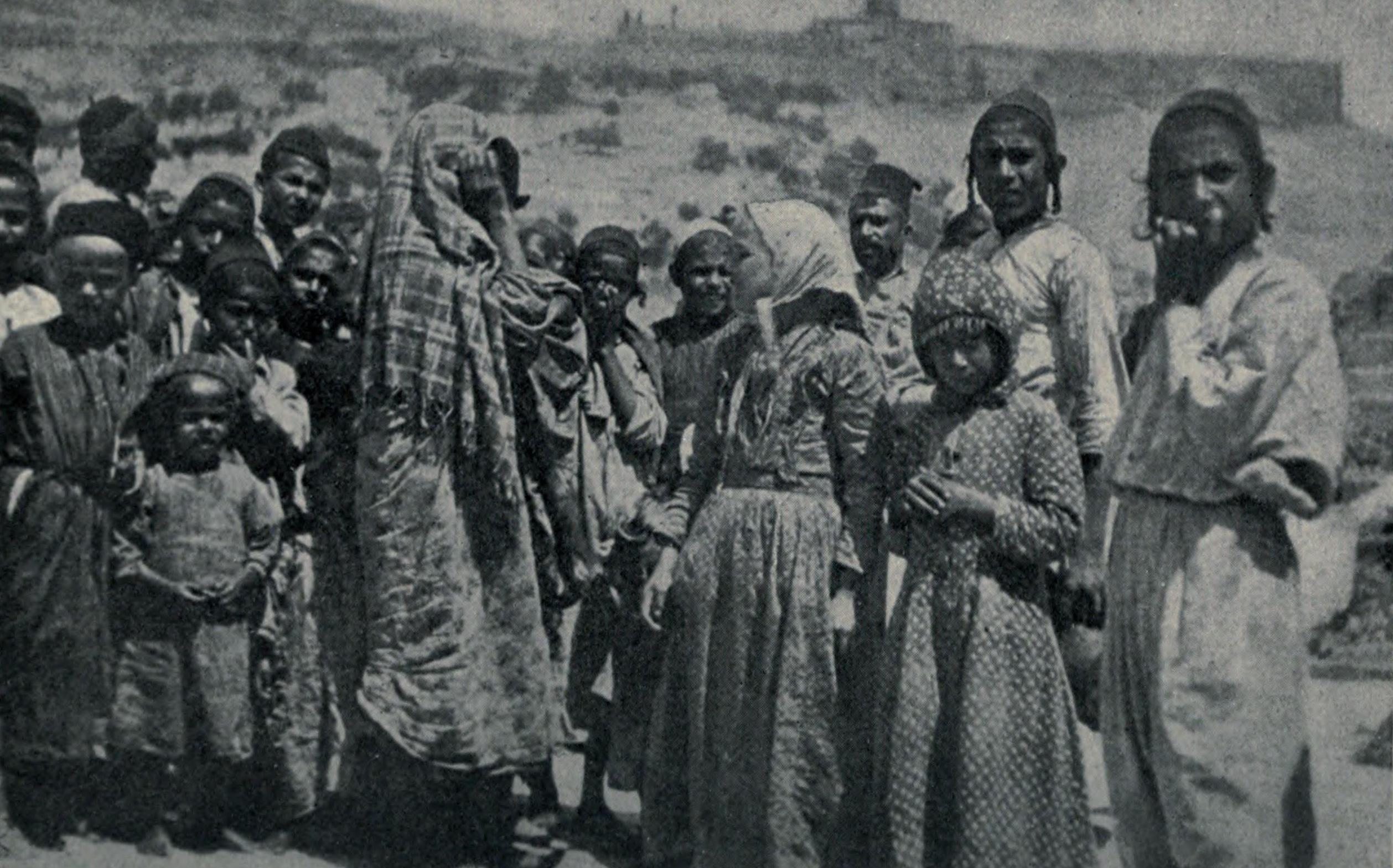|
Jacob Ben Nathanael
Jacob ben Nathanael ibn al-Fayyumi () was a ''rosh yeshiva'' of the Yemenite Jews in the second half of the 12th century CE, son of the illustrious Rabbi, Nathanel al-Fayyumi. All that is known of him is that at the suggestion of Solomon ha-Kohen, a pupil of Maimonides, he wrote to the latter asking his advice in regard to a Jewish Messiah claimants, pseudo-Messiah who was leading the Jews of southern Arabia astray. From a passage in Maimonides' "Letter to the Wise Men of the Congregation of Marseilles", the date of Jacob's letter is fixed as 1172 (Halub, in his ed. of ''Iggeret Teman,'' p. 51, note). In answer, Maimonides sent his ''Iggeret Teman'' or, as it is also called, ''Petah Tikva.'' Abraham Harkavy supposes that Jacob had knowledge of Saadia Gaon's ''Sefer ha-Galui'' (''Studien und Mittheil.'' v.154; comp. ''Monatsschrift,'' xliv.508). Jacob's father was known as a philosophical writer (see ''Jew. Encyc.'' v.354). References * 12th-century Yemenite rabbis {{MEa ... [...More Info...] [...Related Items...] OR: [Wikipedia] [Google] [Baidu] |
Rosh Yeshiva
Rosh yeshiva ( he, ראש ישיבה, pl. he, ראשי ישיבה, '; Anglicized pl. ''rosh yeshivas'') is the title given to the dean of a yeshiva, a Jewish educational institution that focuses on the study of traditional religious texts, primarily the Talmud and the Torah, and ''halakha'' (Jewish law). The general role of the rosh yeshiva is to oversee the Talmudic studies and practical matters. The rosh yeshiva will often give the highest ''shiur'' (class) and is also the one to decide whether to grant permission for students to undertake classes for rabbinical ordination, known as ''semicha''. The term is a compound of the Hebrew words ''rosh'' ("head") and ''yeshiva'' (a school of religious Jewish education). The rosh yeshiva is required to have a comprehensive knowledge of the Talmud and the ability to analyse and present new perspectives, called ''chidushim'' (novellae) verbally and often in print. In some institutions, such as YU's Rabbi Isaac Elchanan Theological Semin ... [...More Info...] [...Related Items...] OR: [Wikipedia] [Google] [Baidu] |
Yemenite Jews
Yemenite Jews or Yemeni Jews or Teimanim (from ''Yehudei Teman''; ar, اليهود اليمنيون) are those Jews who live, or once lived, in Yemen, and their descendants maintaining their customs. Between June 1949 and September 1950, the overwhelming majority of Yemen's Jewish population immigrated to Israel in Operation Magic Carpet. After several waves of persecution throughout Yemen, the vast majority of Yemenite Jews now live in Israel, while smaller communities live in the United States and elsewhere. Only a handful remain in Yemen. The few remaining Jews experience intense, and at times violent, anti-Semitism on a daily basis. Yemenite Jews have a unique religious tradition that distinguishes them from Ashkenazi Jews, Sephardi Jews, and other Jewish groups. They have been described as "the most Jewish of all Jews" and "the ones who have preserved the Hebrew language the best". Yemenite Jews fall within the "Mizrahi" (eastern) category of Jews, though they differ ... [...More Info...] [...Related Items...] OR: [Wikipedia] [Google] [Baidu] |
Nathanel Al-Fayyumi
Natan'el al-Fayyumi (also known as Nathanel ben Fayyumi), born about 1090 – died about 1165, of Yemen was the twelfth-century author of ''Bustan al-Uqul'' (Hebrew: ''Gan HaSikhlim''; Garden of the Intellects), a Jewish version of Isma'ilism, Ismaili Shia Islam, Shi'i doctrines, and a complete imitation of Bahya ibn Paquda's book, ''Duties of the Heart'', and which Al-Fayyumi composed, in his own words, to counter some of the basic principles and tenets of Judaism expressed by Ibn Paquda, writing in his 3rd chapter that God's unity is far greater than that described by Ibn Paquda. Like the Ismailis, Natan'el argued that God sent different prophets to the various nations of the world, containing legislations suited to the particular temperament of each individual nation. Each people should remain loyal to its own religion, because the universal teaching was adapted to the specific conditions and experiences of each community. Not all Jewish depictions of Muhammad were negative. Jews ... [...More Info...] [...Related Items...] OR: [Wikipedia] [Google] [Baidu] |
